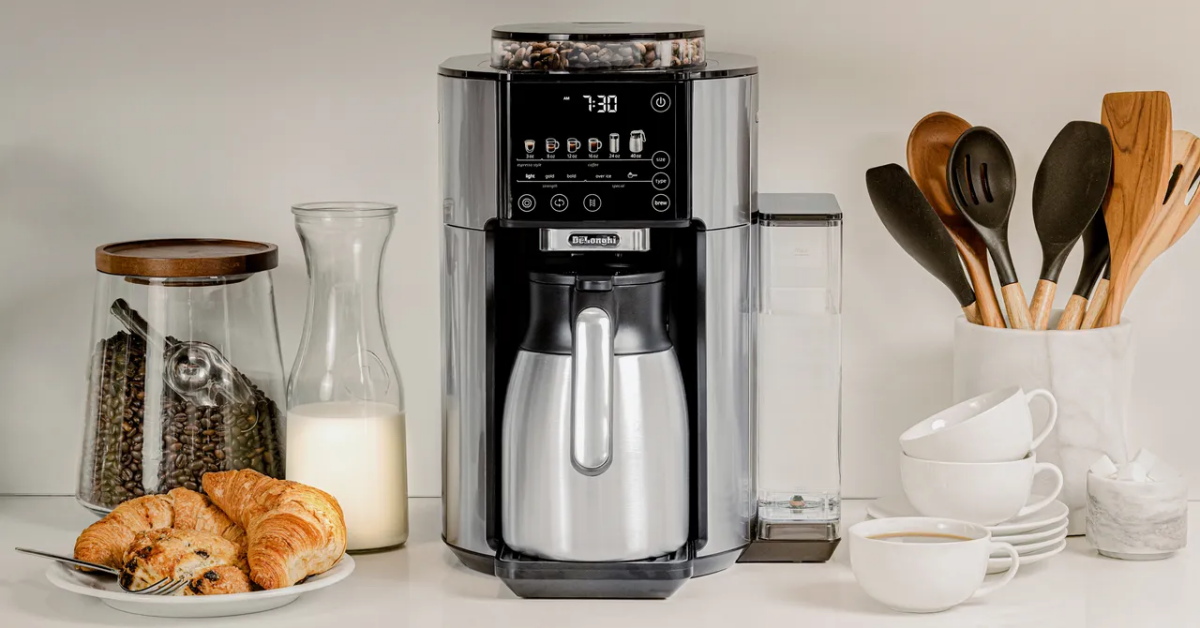How To Clean A Coffee Maker: Quick And Easy Tips
Embark on your daily coffee journey with a sparkling-clean machine, the cornerstone of every great brew. A well-maintained coffee maker not only enhances the flavor of your coffee but also extends the lifespan of the machine, making it an essential part of your daily routine. Regular cleaning is crucial, as residues and oils from coffee beans can accumulate over time, impacting the taste and aroma of your brew. This guide will highlight the significance of keeping your coffee maker clean and how it can transform your coffee experience. From the simple pleasure of a morning cup to entertaining guests, a […]
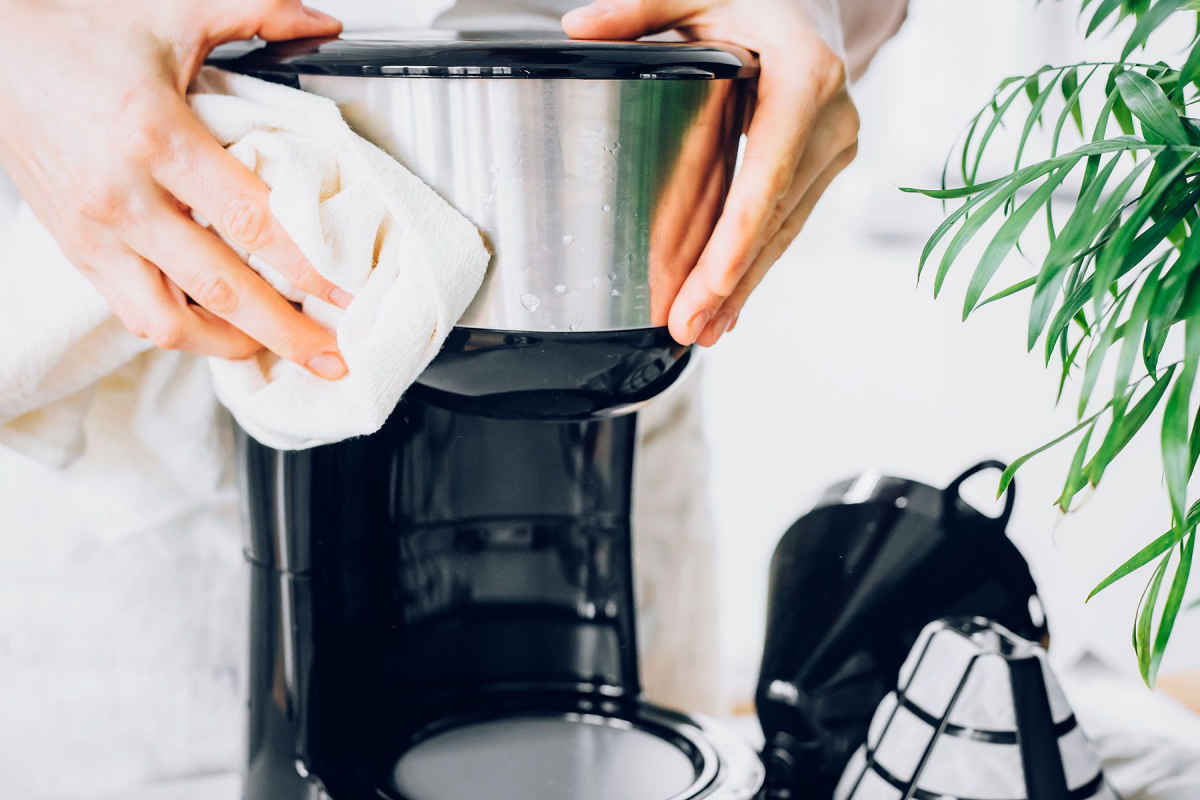
Embark on your daily coffee journey with a sparkling-clean machine, the cornerstone of every great brew. A well-maintained coffee maker not only enhances the flavor of your coffee but also extends the lifespan of the machine, making it an essential part of your daily routine. Regular cleaning is crucial, as residues and oils from coffee beans can accumulate over time, impacting the taste and aroma of your brew. This guide will highlight the significance of keeping your coffee maker clean and how it can transform your coffee experience. From the simple pleasure of a morning cup to entertaining guests, a clean coffee maker ensures that each brew is fresh, flavorful, and of the highest quality. Dive into the world of coffee making, where the first step towards a perfect cup is a clean maker. Here is how to clean a coffee maker like a pro.
Embark on your daily coffee journey with a sparkling-clean machine

How To Clean a Coffee Maker
The key to effective cleaning and maintenance of your coffee maker begins with understanding its type and the specific parts involved. Different types of coffee makers, from the classic drip models to advanced espresso machines, each have unique cleaning needs. It’s essential to recognize these differences to provide appropriate care. For example, drip coffee makers may require regular cleaning of the carafe and filter basket, while espresso machines might need additional attention for their steam wands and portafilters. Furthermore, understanding the function of each part of your coffee maker, such as the water reservoir, brewing basket, and heating element, is crucial. Knowing what each component does allows you to pinpoint areas prone to mineral buildup or coffee residue, ensuring that every part of your coffee maker is well-maintained and functioning optimally.
Different types of coffee makers each have unique cleaning needs

Prepare for cleaning
Effective cleaning of your coffee maker starts with gathering the appropriate supplies and ensuring safety procedures are followed. Essential cleaning tools might include descaling solutions, soft brushes, and microfiber cloths. Equally important is preparing your coffee maker for cleaning, which involves disconnecting it from the power source and allowing it to cool down. This step is crucial for safety, especially when dealing with electrical appliances and hot surfaces. Preparing your coffee maker in this manner ensures a safe and efficient cleaning process. With the right tools and safety measures in place, you’re set to give your coffee maker the thorough cleaning it deserves, enhancing its performance and extending its lifespan.
Essential cleaning tools might include descaling solutions, soft brushes, and microfiber cloths
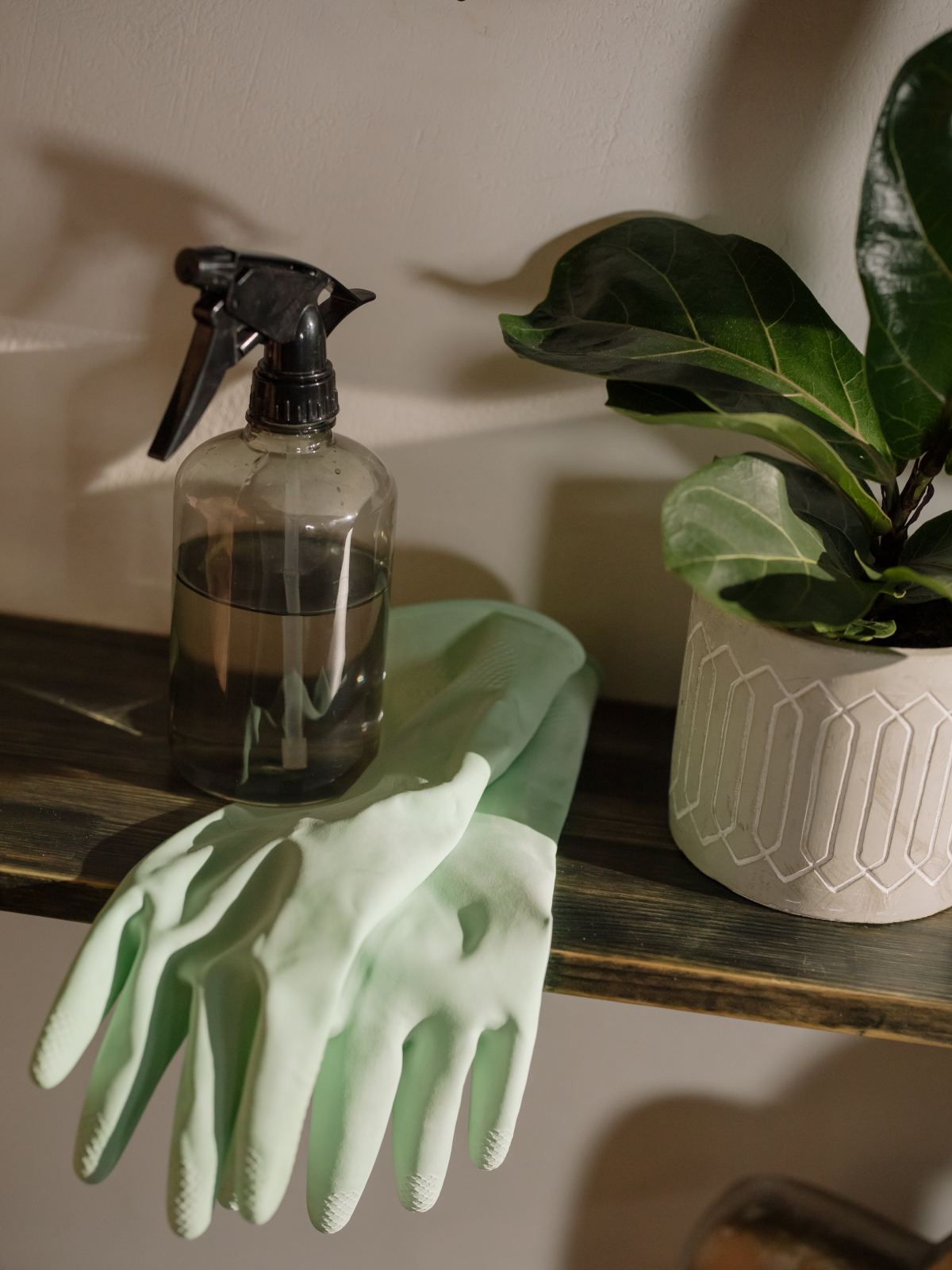
The cleaning process
Maintaining a coffee maker involves a combination of daily cleaning and monthly deep cleaning routines. Daily cleaning tasks, crucial for a fresh-tasting brew, include wiping down external surfaces and rinsing removable parts after each use. These simple steps help prevent coffee oil buildup and mold growth. Monthly deep cleaning goes a step further, targeting internal components to remove mineral deposits and old coffee residue. This comprehensive cleaning ensures your coffee maker operates efficiently, producing the best-tasting coffee. In areas with hard water, decalcifying your coffee maker becomes an important part of the maintenance routine. This process involves using a descaling solution to break down mineral buildup, keeping your machine running smoothly and ensuring the longevity of its parts.
These simple steps help prevent coffee oil buildup and mold growth

Natural cleaning solutions
For those who prefer natural cleaning solutions, everyday kitchen ingredients like vinegar, baking soda, and lemon juice can be highly effective. Vinegar is excellent for descaling and removing mineral buildup, while baking soda is great for scrubbing away stubborn stains. Lemon juice, with its natural acidity and fresh scent, can help neutralize odors and cleanse residue. These natural cleaners are not only effective but also eco-friendly and safe, offering a green alternative to chemical-based cleaning products. Incorporating these natural ingredients into your coffee maker cleaning routine not only benefits the appliance but also aligns with sustainable and health-conscious living practices.
Vinegar is excellent for descaling and removing mineral buildup
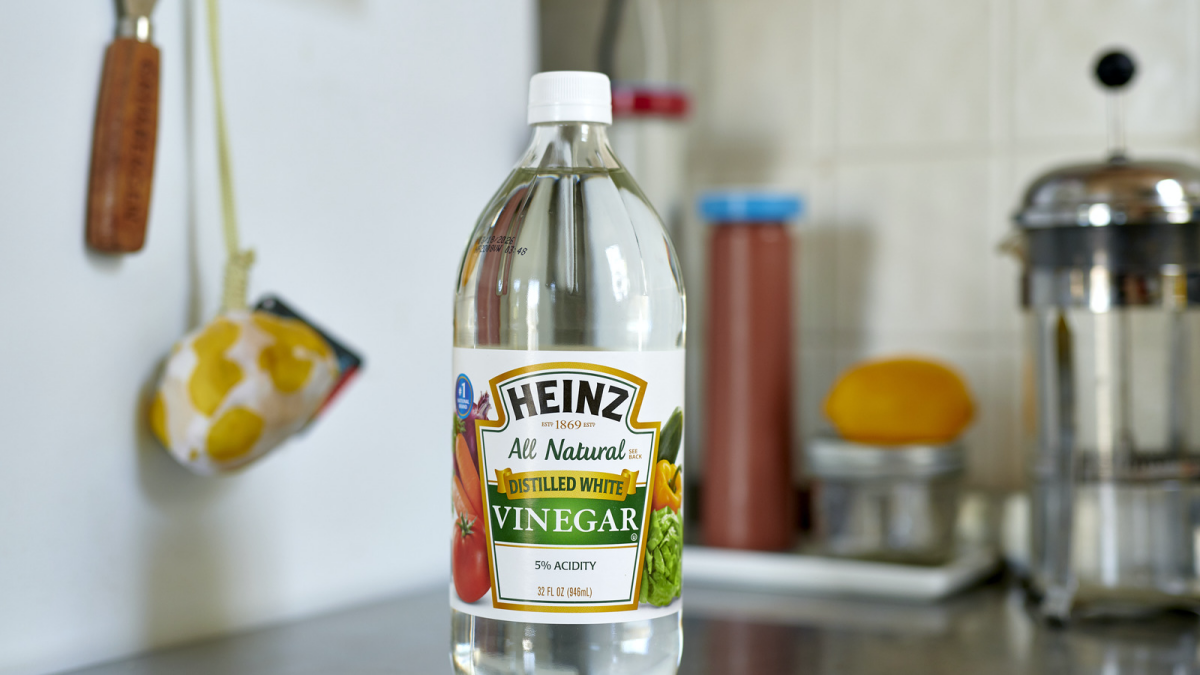
Dealing with stains and odor
Addressing stubborn stains and odors in your coffee maker can sometimes be challenging, but with the right approach, these issues can be effectively managed. Persistent stains may require targeted cleaning with specialized solutions, while odors can often be neutralized with natural deodorizers. However, there are times when issues may go beyond simple home remedies, signaling the need for professional intervention. Recognizing when your coffee maker requires expert attention is key to preventing further damage and ensuring its optimal performance. Whether dealing with complex mechanical issues or deep-set mineral deposits, knowing when to call in professional help can be crucial in maintaining the longevity and efficiency of your coffee maker.
Addressing stubborn stains and odors in your coffee maker can sometimes be challenging
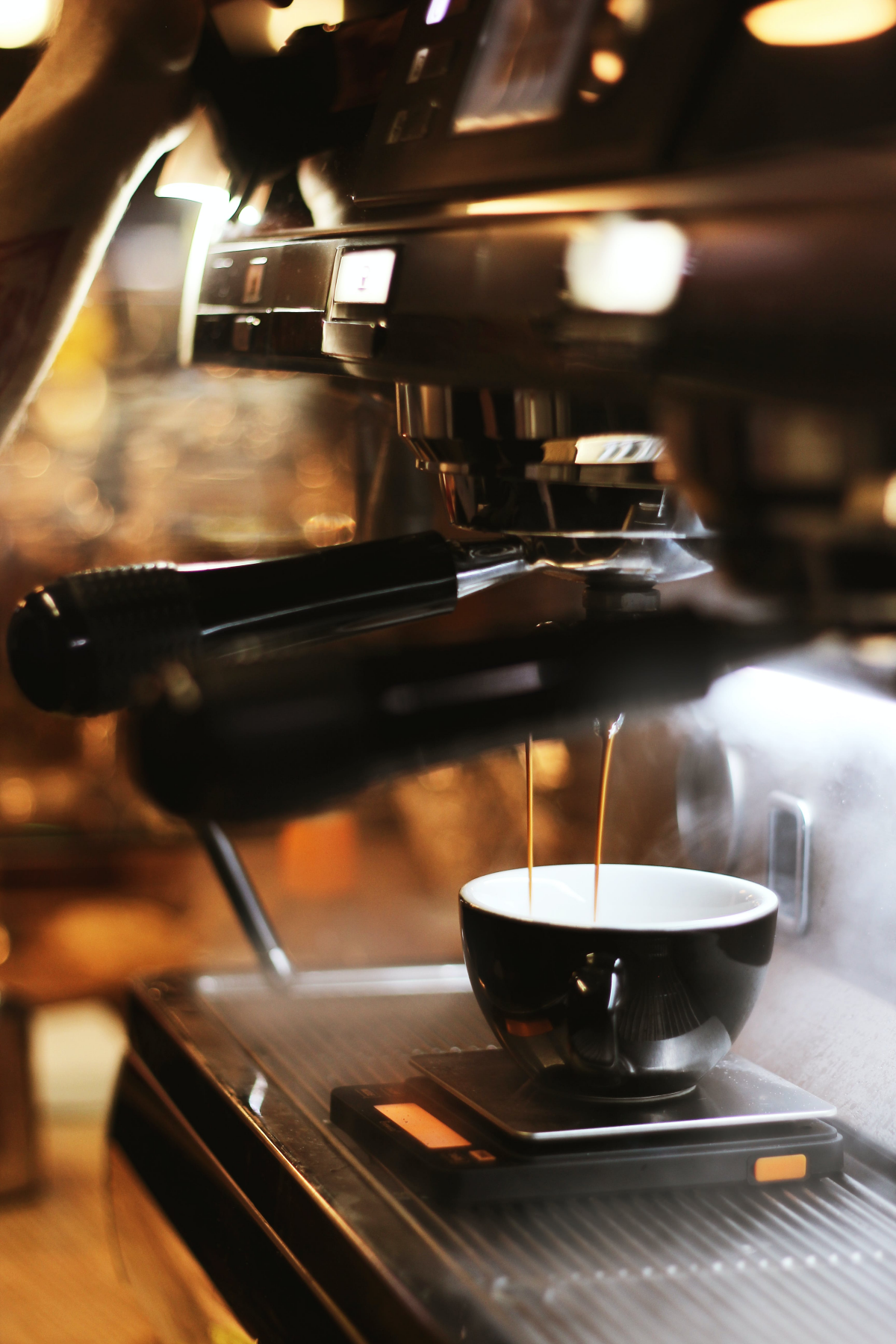
Going above and beyond
For coffee aficionados who cherish their daily brew, diving into advanced cleaning techniques can significantly enhance the longevity and performance of their coffee makers. These methods go beyond the standard rinse-and-wipe, focusing on deep cleaning and maintenance to prevent common issues like clogs and inefficiencies. Specialized cleaning agents, designed for specific types of coffee makers, effectively tackle mineral buildup and oil residues in areas that regular cleaning might miss. Implementing regular inspection routines is also key. Checking for signs of wear or mechanical issues helps in early identification and resolution of potential problems. By adopting these advanced cleaning and maintenance techniques, coffee enthusiasts can ensure their beloved machines continue to produce the perfect cup of coffee for years to come, making every brew a testament to their dedication and love for coffee.
These methods go beyond the standard rinse-and-wipe
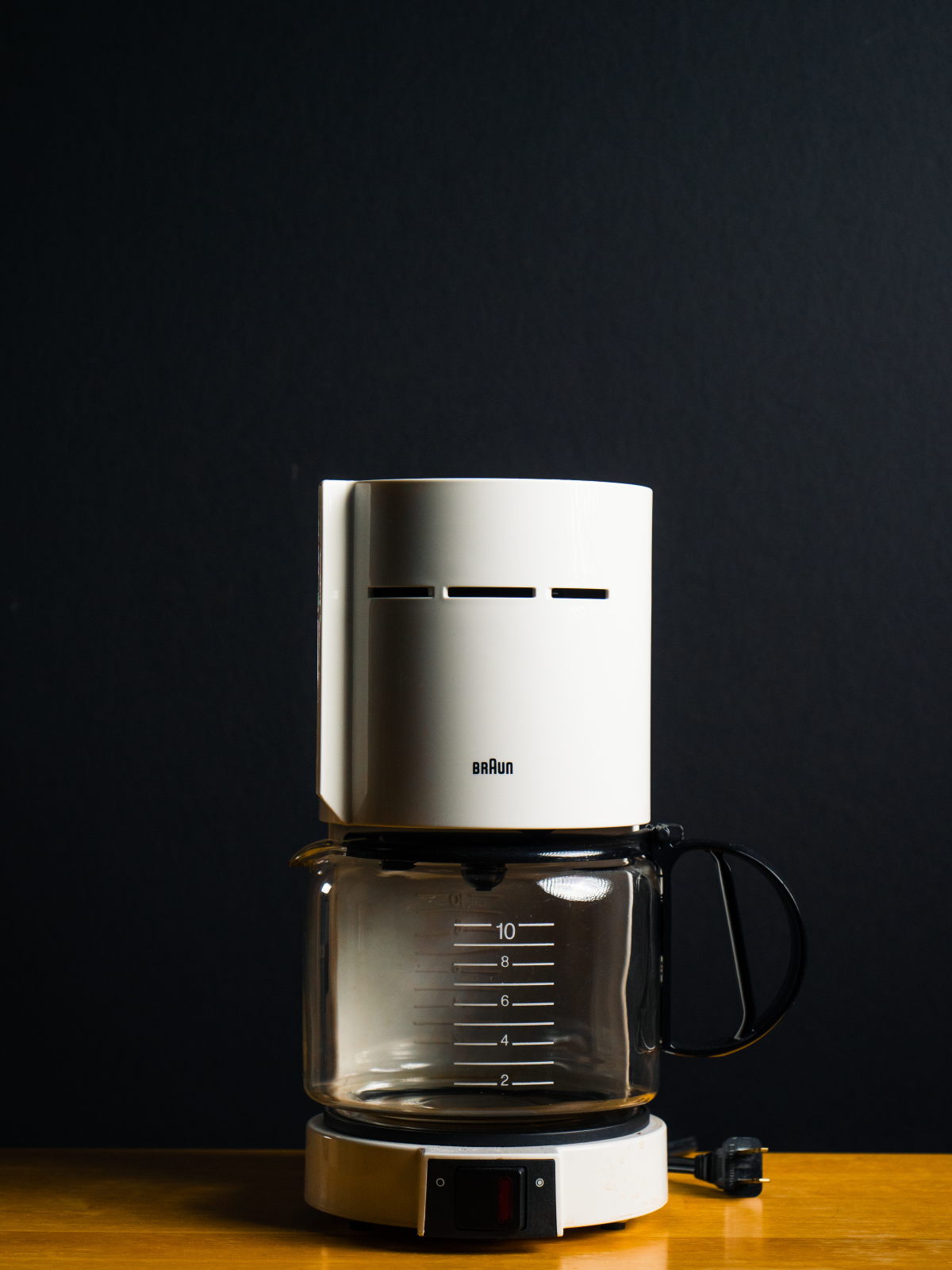
Aftercare
After a thorough cleaning, correctly reassembling your coffee maker is crucial to its optimal functioning. This involves carefully putting back each component in its place, ensuring they are properly secured and aligned. Missing even a small step in the reassembly can lead to leaks, malfunctions, or inefficient brewing. Additionally, post-cleaning care is essential to ensure the coffee maker is ready for its next use. This includes running a water cycle to clear out any remaining cleaning solution. Then check for any areas that might have been missed during the cleaning. Finally, ensure all parts are dry before use. Taking these steps after cleaning not only guarantees that your coffee maker is hygienically clean but also assures its effective operation, ensuring the quality and taste of your coffee remain unparalleled.
Missing even a small step in the reassembly can lead to leaks
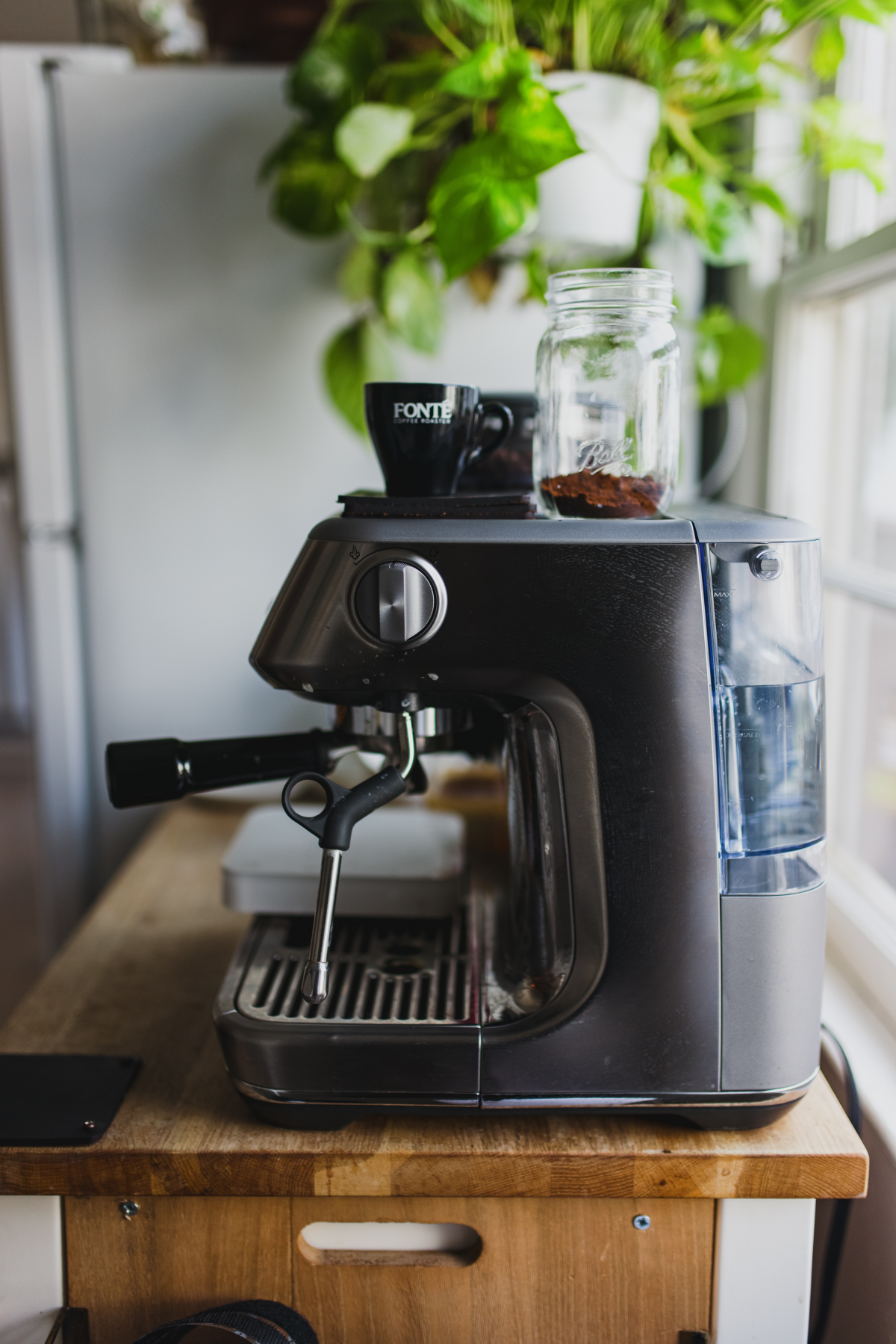
How To Maintain a Coffee Maker Clean
Maintaining a coffee maker in top condition involves more than just regular cleaning. It requires adopting best practices to prevent frequent build-ups and ensuring strict hygiene. Using filtered water can significantly reduce mineral deposits, which are a common cause of machine breakdowns. After each use, cleaning the coffee maker helps prevent oil and residue accumulation. Both of which can affect the taste of your coffee. In terms of hygiene, it’s crucial to handle removable parts with care and avoid the use of harsh chemicals that might leave harmful residues. Simple practices like these not only extend the life of your coffee maker but also ensure that every cup of coffee it brews is fresh, delicious, and safe to drink.
Maintaining a coffee maker in top condition involves more than just regular cleaning
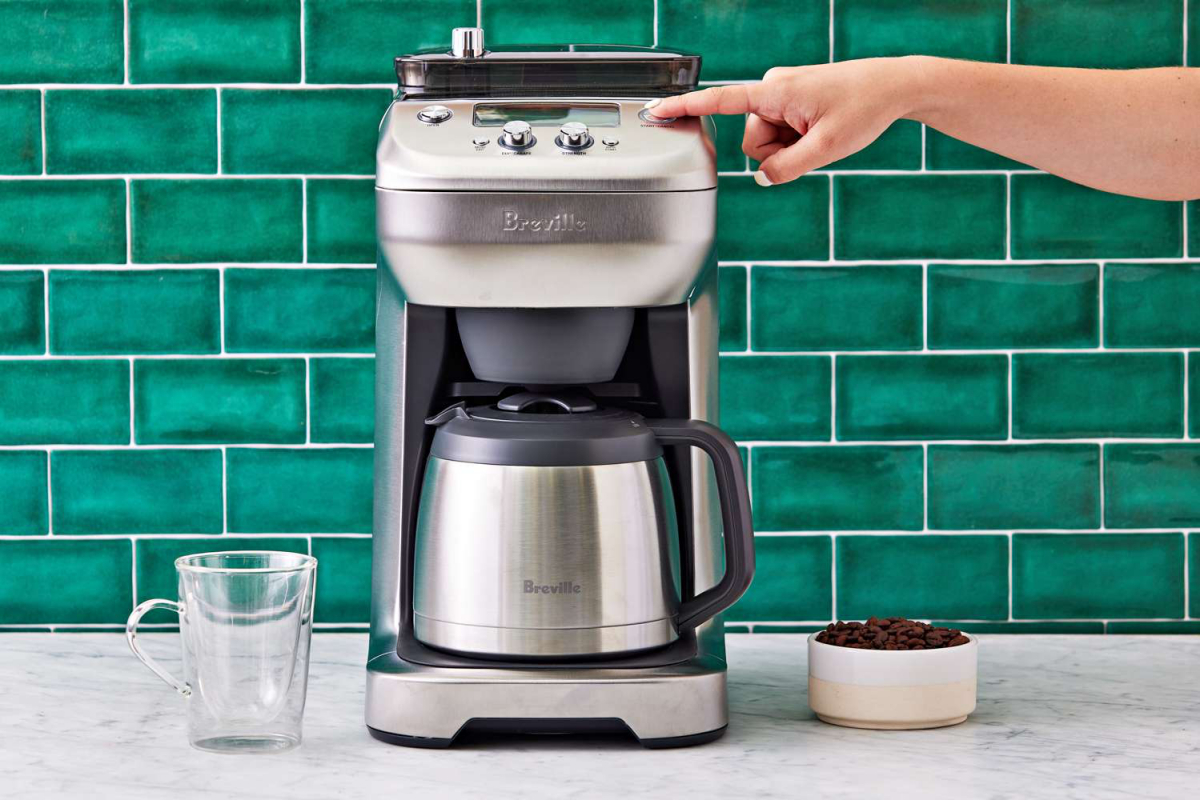
A clean coffee maker is the cornerstone of great coffee making. Now you know how to clean a coffee maker like a pro. Embracing the routine of cleaning and maintaining your coffee maker is an integral part of the coffee-making process. It’s not just about the cleanliness. It’s about cherishing and respecting the machine that brings you your daily brew. By starting the journey to better coffee with a clean coffee maker, you unlock the potential for richer flavors, more aromatic brews, and an overall enhanced coffee experience. Remember, the road to better coffee always starts with a clean coffee maker, and this guide is your companion on that journey.
A clean coffee maker is the cornerstone of great coffee making
